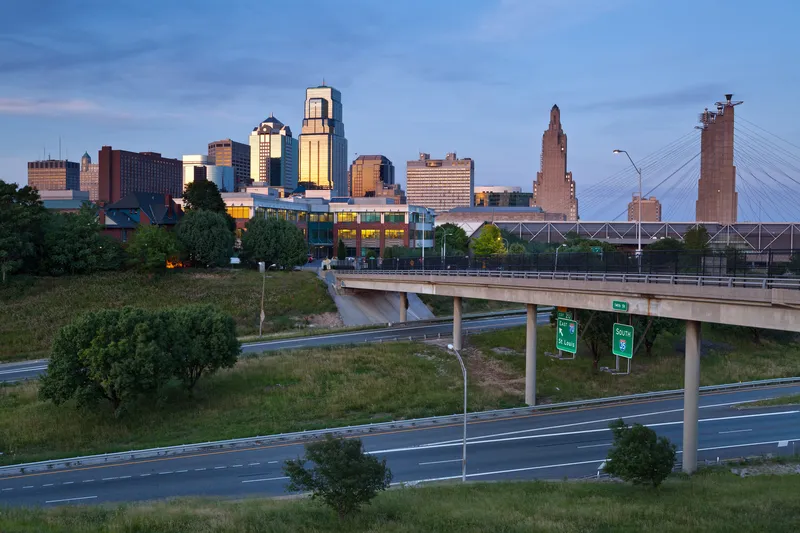Finnish organisations Pöyry, YIT and VR Track are to implement the Tampere light rail project on behalf of the City of Tampere for the implementation of the Tampere light rail project. The revised cost estimate for the implementation stage is US$2154.5 million (€238.8 million).
The first phase of construction will commence in the first half of 2017 and is expected be complete by 2021. During this phase, the new rail line will be extended by 15 kilometres and a depot will be constructed in Hervanta. The
December 1, 2016
Read time: 1 min
Finnish organisations 6727 Pöyry, YIT and VR Track are to implement the Tampere light rail project on behalf of the City of Tampere for the implementation of the Tampere light rail project. The revised cost estimate for the implementation stage is US$2154.5 million (€238.8 million).
The first phase of construction will commence in the first half of 2017 and is expected be complete by 2021. During this phase, the new rail line will be extended by 15 kilometres and a depot will be constructed in Hervanta. The second phase of construction is planned for 2021-2024.
The project will be implemented using the alliance model, with YIT, VR Track and Pöyry providing the service ordered by the City of Tampere. In the alliance model, the client, designers and contractors co-operate throughout the implementation.
The first phase of construction will commence in the first half of 2017 and is expected be complete by 2021. During this phase, the new rail line will be extended by 15 kilometres and a depot will be constructed in Hervanta. The second phase of construction is planned for 2021-2024.
The project will be implemented using the alliance model, with YIT, VR Track and Pöyry providing the service ordered by the City of Tampere. In the alliance model, the client, designers and contractors co-operate throughout the implementation.








